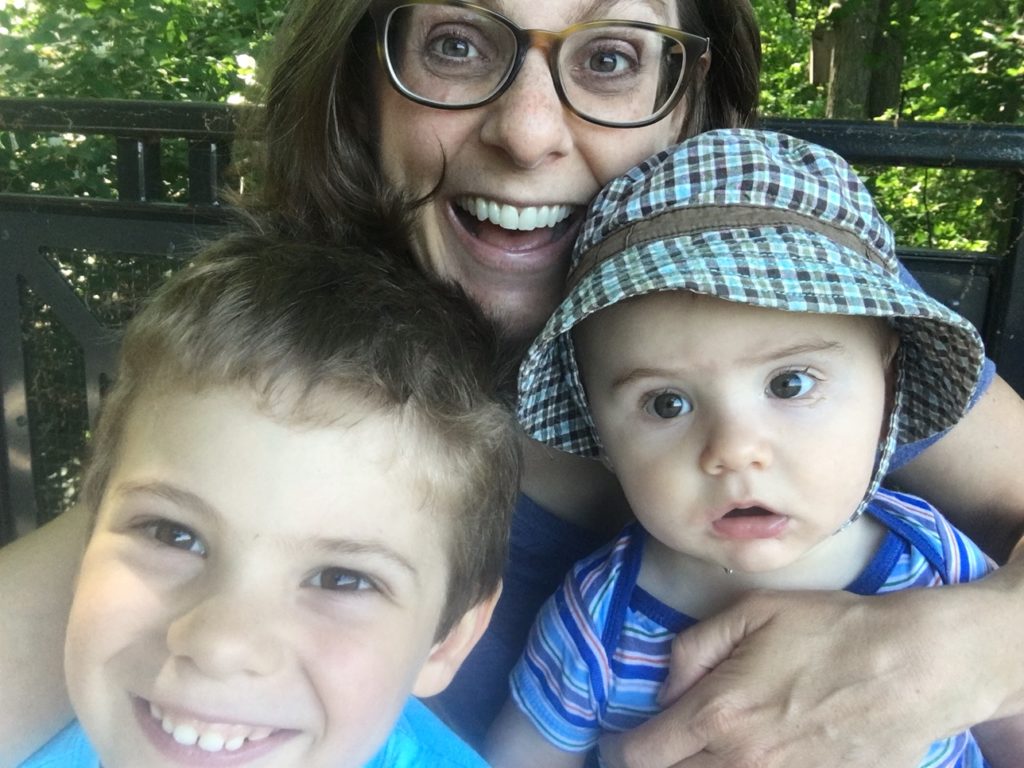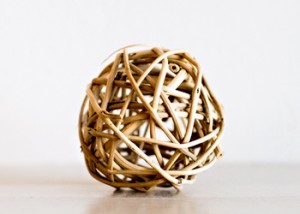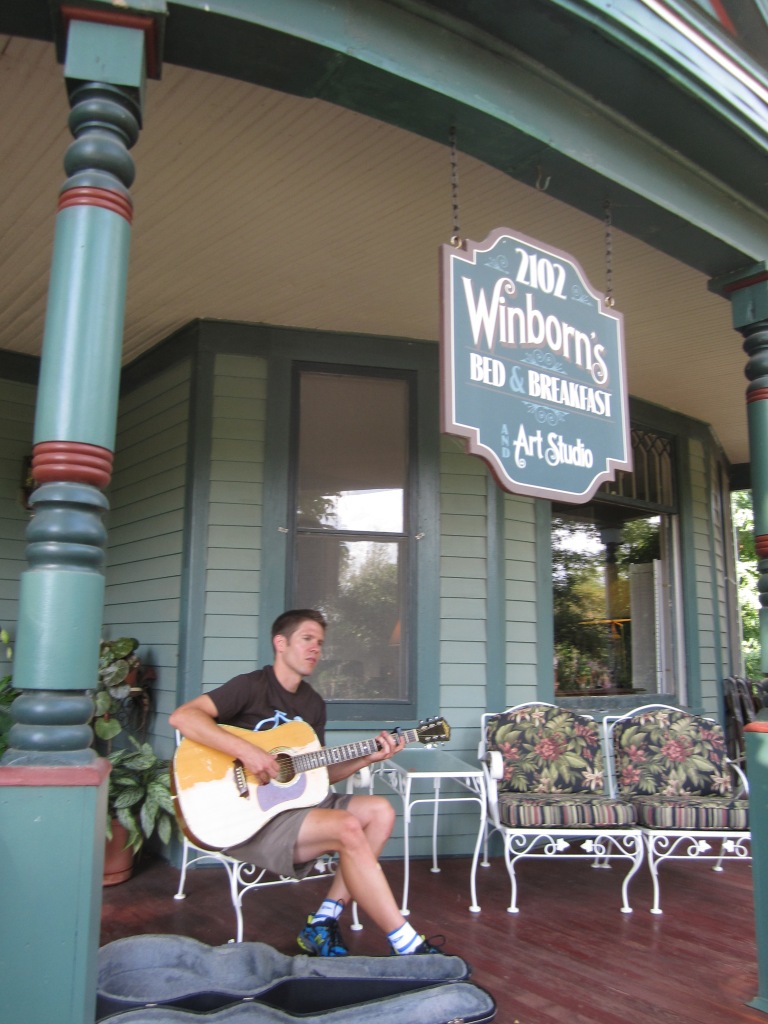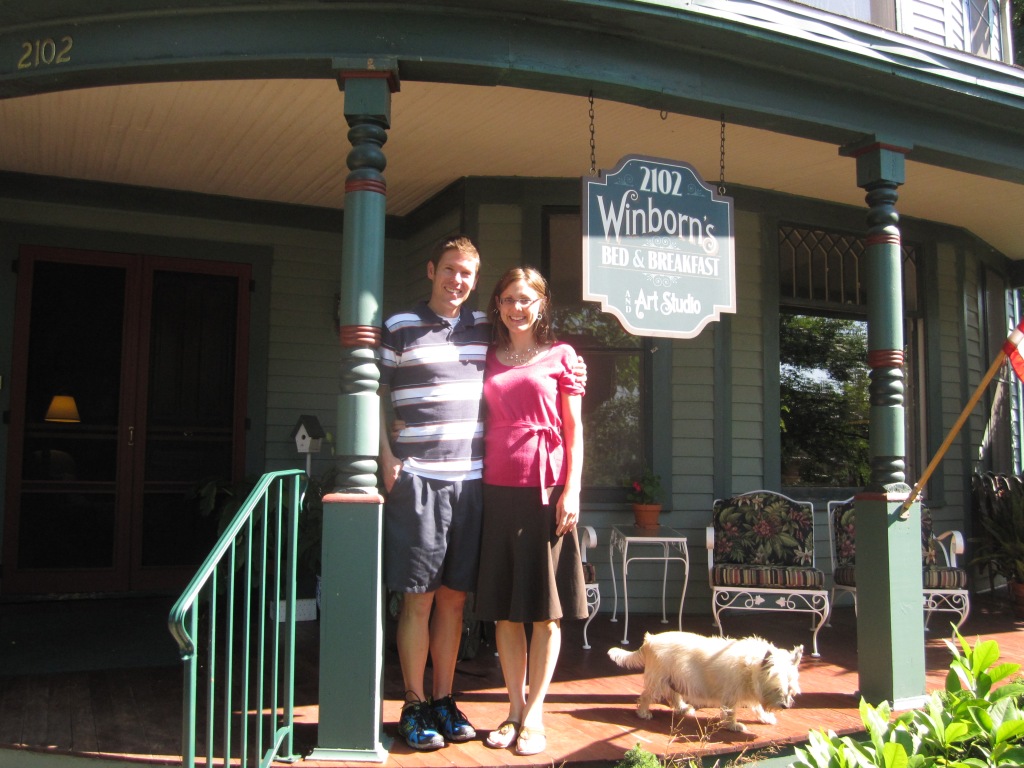I played hooky from work yesterday. It was one of those late-spring mornings that beckoned, all blue skies and sweet lilac air. The boys were crabby and craving attention, and I wasn’t making much headway on my deadlines anyway. So we grabbed hats and sunscreen and headed out for a hike on a trail near our home.
Our destination: a modest cave that doesn’t even warrant a name. At its entrance is a faded sign that reads simply, “Cave.” But for a three-year-old, it was magic.
Graham packed his little blue backpack with a flashlight and a snack. “Mama, do you think bears like fruit snacks?”
We explored the cave, barely big enough for a grown-up person to stand up in. To Graham’s simultaneous disappointment and relief, we didn’t find any bears. But along the way, we did see butterflies and bugs, ducks and dandelions, sticks and squirrels.
As we headed home, I thought about Mary Oliver’s poem “The Summer Day”:
I don’t know exactly what a prayer is.
Mary Oliver
I do know how to pay attention, how to fall down
into the grass, how to kneel in the grass
how to be idle and blessed, how to stroll through the fields
which is what I have been doing all day.
Tell me, what else should I have done?
Doesn’t everything die at last, and too soon?
Tell me, what is it you plan to do
With your one wild and precious life?
As I looked in the rearview mirror at the boys nodding off in their car seats, it occurred to me:
Who better than a toddler to help me relearn how to pay attention?
Who better than a person under three feet to show me how to fall down into the grass?
Who better than a baby with leg rolls and a solitary cheek dimple to show me what it looks like to be idle and blessed?
Parenthood has revealed to me that everything does indeed die at last, and too soon—the baby’s propensity to giggle uproariously before the tickle even lands, the look of milk-drunk bliss on his face after he eats, the way he rests his right hand under his head when he sleeps. The toddler’s ability to create a world where Toy Story characters pretend to be lions who also happen to be fighting a fire; the way he tells Milo daily, “I love you so much, little bwother. I’m going to keep you.”
And it hits me: We will never have a summer when they’re three-and-a-half and six-months-old again. We have this one wild and precious summer. What is it we plan to do with it?
If there’s a common refrain to the parenting advice I hear, it’s this: Enjoy it, because it goes fast. I’m always left a little stymied by these words. Because when you have little people in your life, the momentum is always pulsing forward. There’s no pausing, no slowing down, no going back. How do you stop a speeding locomotive whose brakes have been disabled? How do you hold back a cascading waterfall with your bare hands?
I don’t know how to slow time down. I only know how to slow myself down.
And so this summer we will go on hikes in the woods. We will shine our flashlights into caves like the mighty bear hunters we are. We will flagrantly disregard our phones, our deadlines, our dirty toilets, our drive for productivity, our tyrannical to-do lists. We will kneel in the grass. We will collect sticks. We will look for butterflies. We will fail. And we will find the grace to try again.
So if you are looking for me on a summer day, you just may find me strolling through a field, a child in each arm.
Won’t you join me?
***
Work is not always required. . . . There is such a thing as sacred idleness, the cultivation of which is now fearfully neglected.
George MacDonald


 Okay, time for a show of hands. When you start a sentence with “What if . . .” how many of you are picturing something wonderful happening? And how many of you are envisioning the bottom dropping out in a thousand different (but equally catastrophic) ways?
Okay, time for a show of hands. When you start a sentence with “What if . . .” how many of you are picturing something wonderful happening? And how many of you are envisioning the bottom dropping out in a thousand different (but equally catastrophic) ways?


